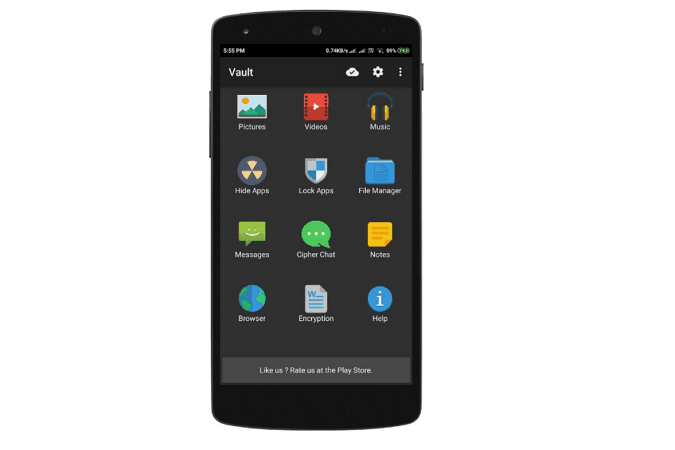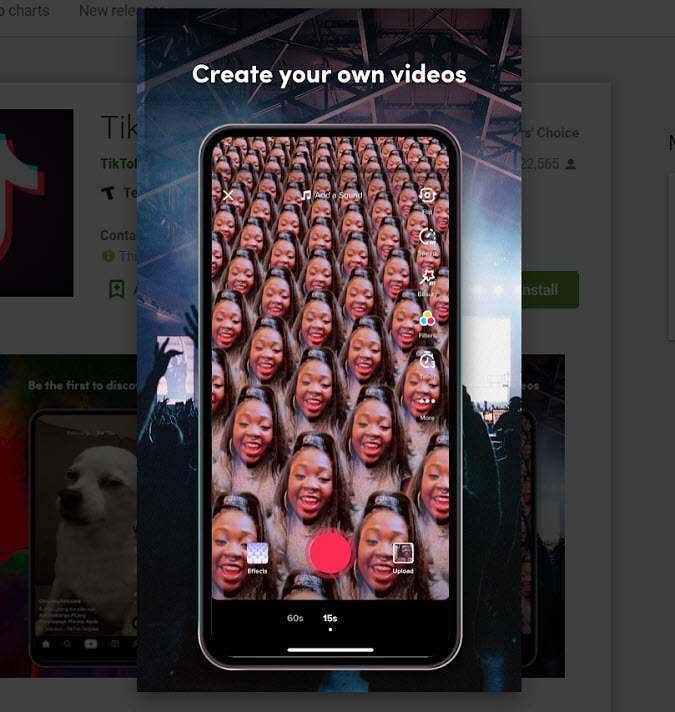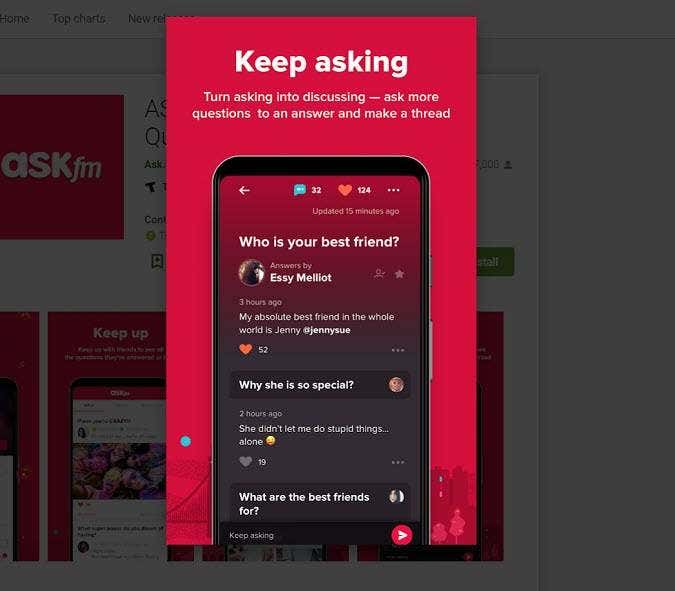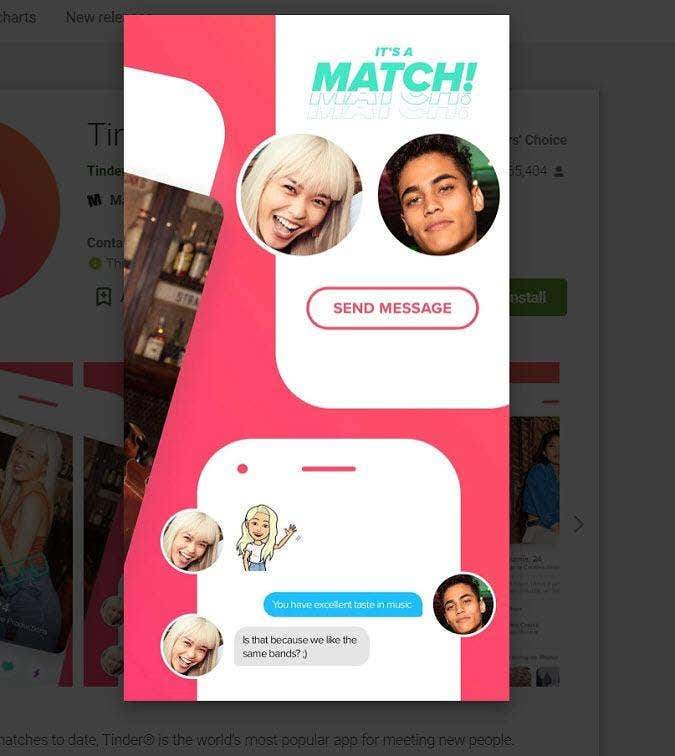So you bolt the doors, limit their junk food intake, and enforce a curfew. They’re safe and sound in their rooms, right? Wrong. If your children have unmonitored access to a smart device, there’s another looming threat — mobile apps. There are mobile apps that pose as “children-friendly,” but are not. Here are seven you should be privy to.
HIP
Making it to the top of our list is HIP — and for a special reason. Children can use this app to hide inappropriate apps in plain sight. It works by disguising apps as something less sinister. For example, a dating app that looks like nothing more than a music app. The name HIP is an acronym for Hide it Pro. However, it’ll appear as a HIP on your child’s device. It’s available on the app store for free. Your child can set up a PIN to hide all sorts of files in a vault, including photos and messages. So if you’re a parent who regularly checks your kid’s mobile activities, then there’s a chance they’re hoodwinking you with this app. Also, there’s another similar app to be on the lookout for, called Poof.
Snapchat
Facebook is an outdated platform for younger groups. The alternative for them is Snapchat. In case you’re not familiar with Snapchat, it’s an app that allows you to share videos with friends. Doesn’t sound too bad does it? So what’s the red flag? The content you publish on this platform is similar to Instagram Stories, which disappear after 24 hours. This means you can never really know what your children are up to on this app because there’s no way to go back and check. Ensuring your children are safe and not doing anything they’re not supposed to on the app is challenging. So just to be on the safe side, it may be better to keep this app off your children’s gadgets.
TikTok
All the kids love it, and even some adults use it. It’s the musical app people use to reenact their favorite dance moves from their favorite song or make a parody of a popular track. It all sounds innocent enough until you read the reviews from parents on Common Sense Media. Some are concerned about the language their kids are exposed to while using the app, and rightfully so. Not to mention, there’s also suggestive dance moves young eyes shouldn’t be watching (let alone doing). Did we mention adults are using it? Well, it deserves a second mention. It’s worth noting that the app is taking a stand by deleting accounts for users under 13. However, some parents may still want to ban this app for their 16+ teens. Be wary that users can fake their age, so if your child is under the limit, they can still create an account.
Ask.fm
Anytime you have an app geared towards adolescents hiding their identity, parents should be worried. As you’d imagine, it’s an ideal place for cyberbullying. This app enables you to create an account, hide your identity, and contact others anonymously. The app focuses on asking other users questions anonymously. Kids will be kids, so you can expect some of them to ask outlandish questions (some of which may be disrespectful or embarrassing). Then there’s also the concern that the conversations aren’t always private. Some users ask each other for phone numbers and Kik usernames. Speaking of which…
Kik
Teens may pass this off as just another messenger to communicate with their friends through. However, when you look closer, you’ll see some concerns about potentially harmful behavior. Take, for example, the fact that you can exchange photos, sketches, gifs, and videos with anyone (even if they’re not your friend). So not only are your children potentially exposed to inappropriate content, but they also may be in contact with strangers posing as children. Unfortunately, there are no parental controls, and your children can protect their account with a password. If you don’t know it, then you’re locked out of that portion of your child’s life.
Tinder
If you’re not in the dating game, then Tinder may not be on your radar just yet. It’s an app that allows users to rate each other’s photos (already a toxic start). Since you’re able to use GPS tracking, you can locate folks who are within a 10-mile radius of you. This is one of the reasons folks are using it for dating. And it helps match you with other potential “mates.” The app does require users to be at least 18 years old, but it doesn’t verify age either. So it’s up to parents to ensure their children aren’t using it anyway. Another similar app is Yubo, which is known as “Tinder for teens.” Like Tinder, it has a toxic nature, allowing users to accept or reject each other’s photos (by swiping left or right). This is the bane of social media, where people unwittingly hurt one another’s feelings without remorse. No wonder teen depression is on the rise!
Protect Your Kids From Predators (Young & Old)
Being a parent in the digital age is tough. You have to worry about predatory behaviors from old perverts, as well as crude youngsters. The best way to do this is to pay close attention to the apps your kids are using. Do more than look at the icon, review the app’s description, do a Google search, and see what other parents are saying about it on Common Sense Media. Even the police have issued their own list of apps parents should be wary of.






